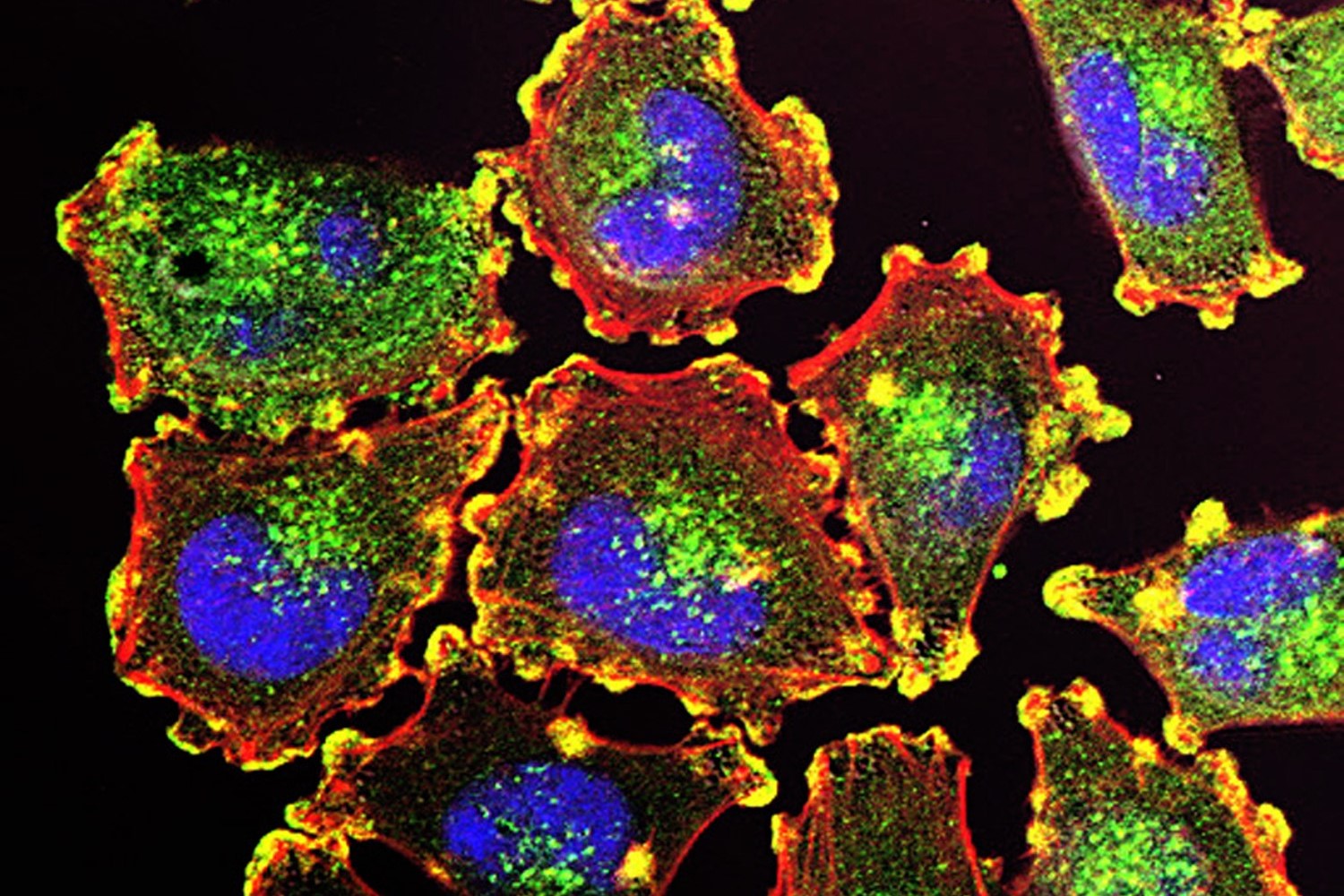
A new Bristol Myers Squibb combination therapy is now approved by the FDA, offering patients with serious cases of melanoma a new treatment option. The decision also opens the door to a class of cancer immunotherapies that address a new target.

With the Rise of AI, What IP Disputes in Healthcare Are Likely to Emerge?
Munck Wilson Mandala Partner Greg Howison shared his perspective on some of the legal ramifications around AI, IP, connected devices and the data they generate, in response to emailed questions.
The approval announced late Friday covers the treatment of patients 12 and older whose melanoma can’t be removed surgically or has spread. The therapy pairs the new drug, relatlimab, with the approved BMS drug Opdivo. The combination of the two drugs is administered as a single intravenous infusion. BMS will market relatlimab under the name “Opdualag.”
Opdivo and Opdualag block so-called checkpoint proteins that keep T cells from recognizing and fighting tumors. Though both drugs are checkpoint inhibitors, they each block different checkpoint proteins. Opdivo targets PD-1; Opdualag targets lymphocyte activation gene-3, or LAG-3. The idea is that blocking two checkpoint proteins could lead to a better immune response.
The FDA based its decision on the results of a Phase 2/3 study that enrolled 714 patients. Those participants were randomly assigned to receive either the combination treatment or Opdivo alone. The main goal was to measure progression free survival—how long patients lived without their disease worsening. The results showed that treatment with the combination therapy led to median progression-free survival of 10.1 months, compared to 4.6 months in the Opdivo arm. Preliminary results from the study were reported about a year ago and more detailed data were presented at the 2021 annual meeting of the American Society of Clinical Oncology.
The new BMS drug does come with a warning that treatment may lead to a range of severe and potentially fatal immune responses. Opdivo’s drug label carries a similar warning. In clinical testing, BMS reported that Opdualag’s safety profile was similar to what has previously been reported for Opdivo.
The regulatory green light for Opdualag gives BMS its third approved checkpoint inhibitor. Yervoy, which targets CTLA-4, received its first approval in 2011 for advanced melanoma. Opdivo’s first approval came three years later, also for advanced melanoma.
“Inhibiting LAG-3 with relatlimab, in a fixed-dose combination with nivolumab (Opdivo), represents a new treatment approach that builds on our legacy of bringing innovative immunotherapy options to patients,” BMS Chief Medical Officer Samit Hirawat said in a prepared statement. “The approval of a new medicine that includes our third distinct checkpoint inhibitor marks an important step forward in giving patients more options beyond monotherapy treatment.”
BMS isn’t the only company developing a LAG-3 inhibitor. Merck is in the hunt with favezelimab, which it is testing in combination with its approved PD-1 blocking blockbuster drug, Keytruda, as a treatment for colorectal cancer. Meanwhile, Immutep is evaluating its LAG-3 inhibitor, eftilagimod alpha, in several different types of cancer including a head and neck squamous cell carcinoma study that is testing the drug in combination with Keytruda.
Public domain image by Julio C. Valencia via the National Cancer Institute














